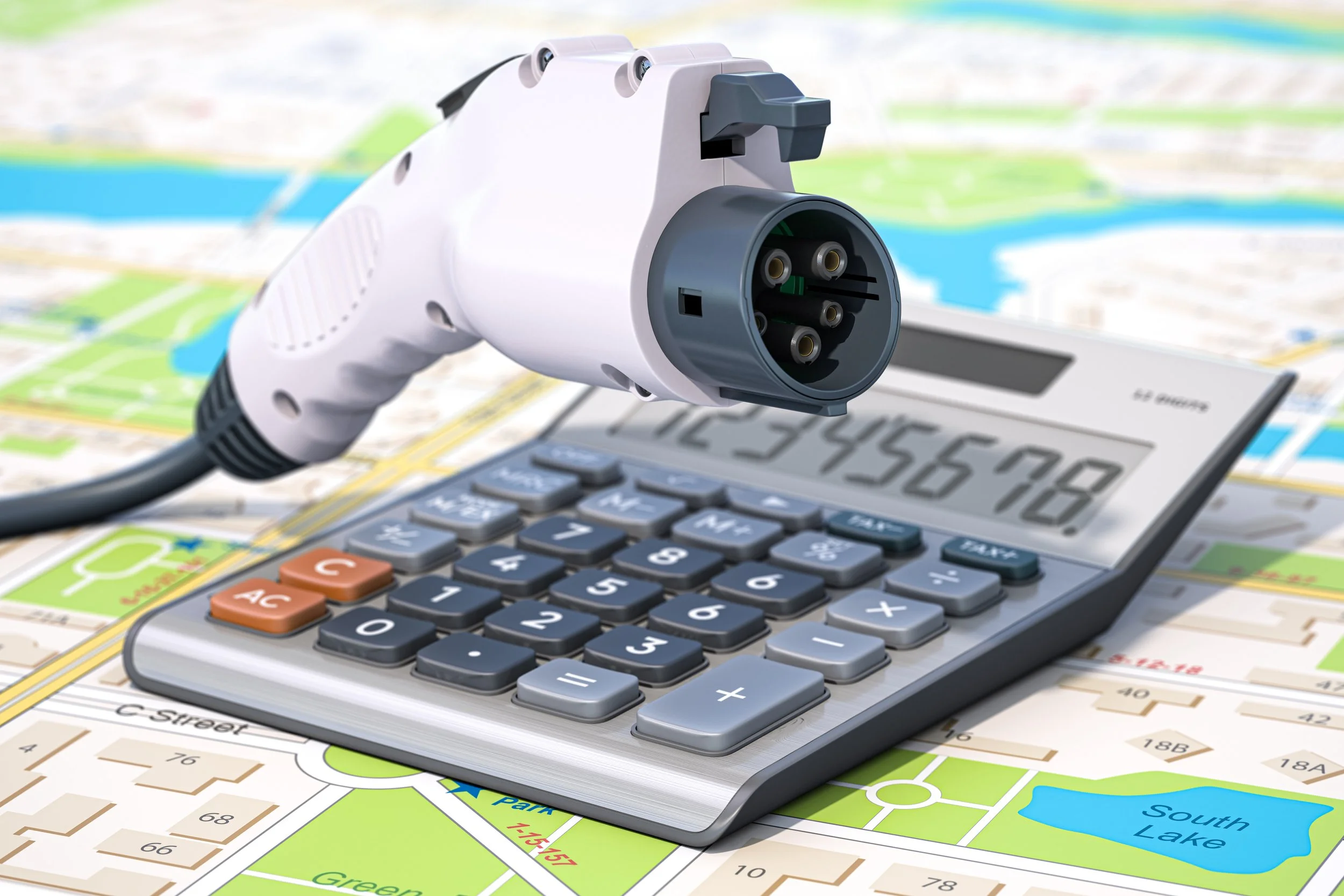Fair and equitable EV transition
Electric cars are cheaper to run than combustion engine cars. In addition, people who have off-street parking tend to live in healthier areas. It is therefore important that the transition to EVs does not lead to or reinforce in-equities.
Whilst equality means each individual or group of people is given the same resources or opportunities, equity recognizes that each person has different circumstances and allocates the exact resources and opportunities needed to reach an equal outcome.
This really good article by the Economist, considers four friends living in a city with different circumstances and highlights the stark difference of travel costs between them. All scenarios assume 9000 miles travelled per year, equivalent to an electricity usage of 3000 kWh. Going through them with today's prices:
1/ The first is an EV driver who charges from home at an off-peak overnight tariff costing 7.5p/kWh (Octopus Intelligent tariff). Assuming a car efficiency rate of 3kWh/miles, they will pay only £225 per year.
2/ The second friend is exactly as the first, except charges on the public network at the rate of 58p/kWh based on average price of all public charger types (AA, November 2022). They will be facing a £1740 bill, that is eight times higher.
An issue that people often are not aware of is that we curently pay 5% VAT for domestic electricity against 20% VAT for public chargers as they are classed as 'commercial electricity'.
3/ The third friend drives a diesel vehicle with an efficiency of 40 miles/gallon. They will need to pay £1,585 per year (based on today's UK average diesel cost of £1.55) to cover the same distance as the EV drivers. That is seven times higher than the first friend charging his EV at home, and yes it is higher than friend 2/!
4/ The fourth friend has a large family and costly health issues so can't afford a car. They rely on the local bus network. Taking a London bus average cost of £1.20/mile, this person will pay £10,800 to cover the same mileage as all the others. That is 48 times the cost of the first friend!
In addition, electric cars have zero tail pipe emissions, they can significantly contribute to better air quality.
According to the Office for Health Improvement and Disparities, in the UK, air pollution is the largest environmental risk to public health with the annual mortality of human-made air pollution being roughly equivalent to between 28,000 and 36,000 deaths every year. The Office further estimates that between 2017 and 2025, air pollutants will cost the NHS and social care system £1.6 billion.
Solutions that enables people to charge their electric car from home cheaply even when they are not lucky enough to own a driveway, are essential to an equitable and successful EV transition.

